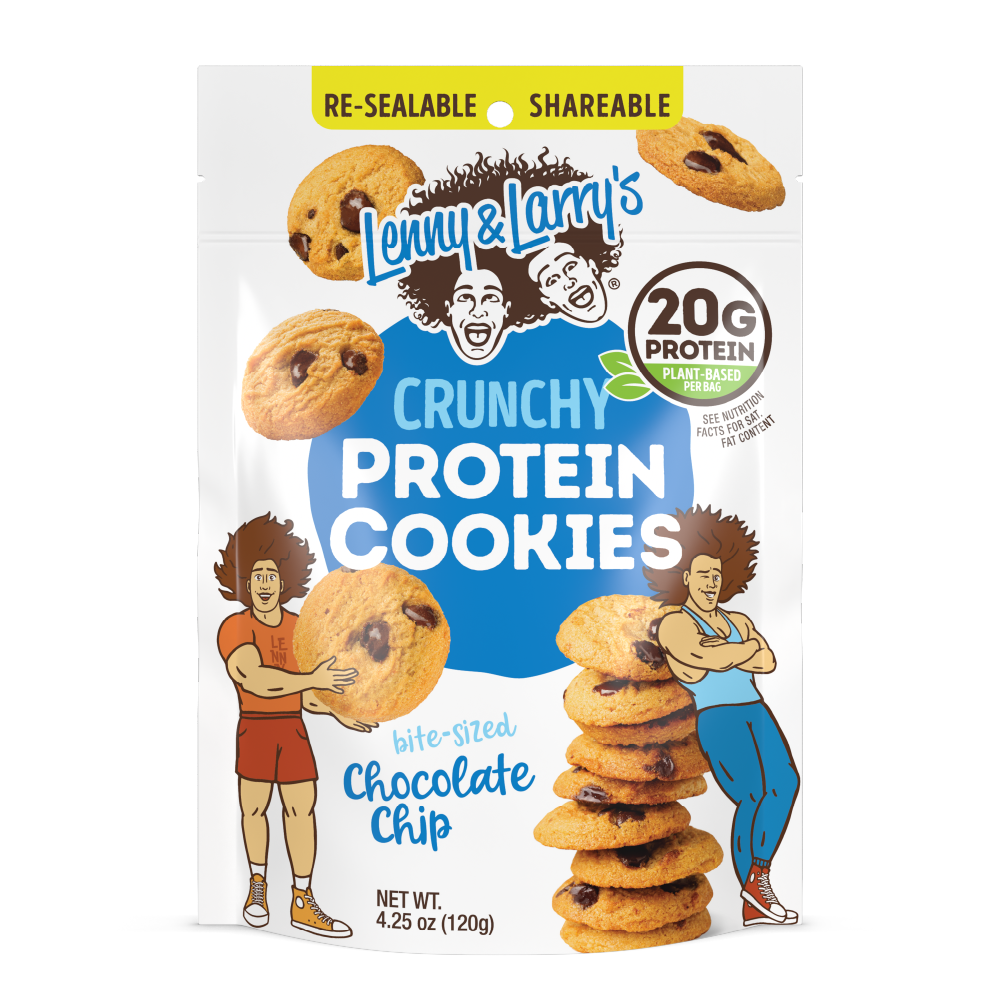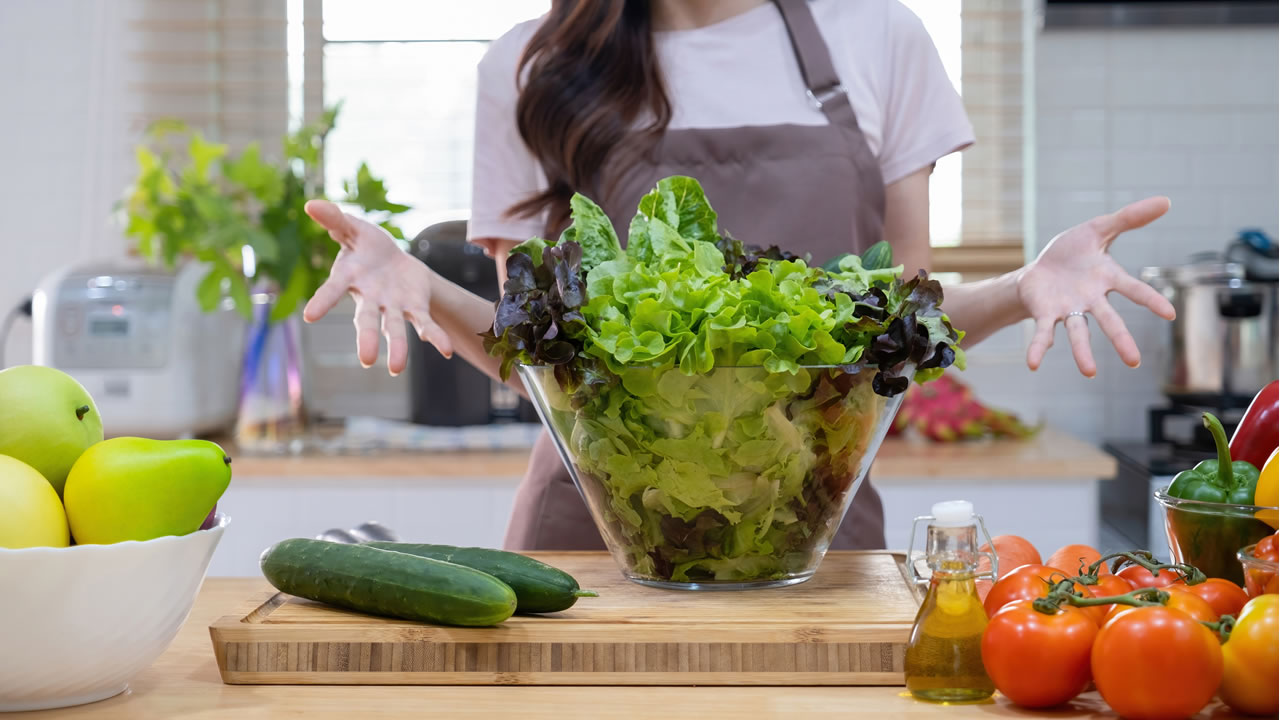One of the most direct avenues to achieve a healthier, more sustainable lifestyle is right in our own homes: our kitchens. A kitchen isn't just a place to cook meals; it's a space where health and well-being start. It’s a place that fuels our bodies and can also play a pivotal role in protecting our planet. The choices we make in this room—from the food we stock in our pantries to the utensils we use—have far-reaching effects on our health and the environment.
Let’s put a comprehensive light on how to transform your kitchen into a healthy, eco-friendly haven. We'll walk you through essential steps and provide practical tips, from stocking your pantry with healthy and sustainable foods, switching to eco-friendly storage options, and choosing energy-efficient appliances.
The Importance of a Healthy, Eco-Friendly Kitchen

In considering the spaces in our homes that directly impact our well-being and the world around us, the kitchen ranks high. This room, where we prepare the food that fuels our bodies, can also become the cornerstone of a lifestyle centered on health, wellness, and environmental responsibility.
Personal Health Benefits
- Stocking your kitchen with whole, nutrient-dense foods lays the groundwork for a healthier lifestyle. By focusing on ingredients in their most natural form, you're providing your body with the nutrition it needs to function optimally, which can lead to better digestion, increased energy levels, improved mental clarity, and lower risk of chronic diseases.
- Many eco-friendly kitchen practices also contribute to a healthier living environment. For instance, choosing non-toxic cookware and eco-friendly cleaning supplies reduces your exposure to potentially harmful chemicals.
Environmental Impact
Every food item in your kitchen has an environmental footprint, influenced by factors such as how it's grown, processed, packaged, and transported. By opting for locally sourced, organic, or plant-based foods, you can significantly reduce your kitchen's carbon footprint. Likewise, using sustainable storage options and energy-efficient appliances minimizes waste and energy consumption.
Sustainable Living and Health
The philosophy of sustainable living goes beyond mere conservation of resources; it also emphasizes a holistic approach to health and wellness. A sustainable kitchen promotes mindful eating, which has proven benefits for mental well-being. It encourages us to slow down, savor our meals, and appreciate the journey our food takes from farm to plate.
A sustainable kitchen fosters a stronger connection to nature. Whether it's through composting, growing your own herbs, or simply choosing seasonal produce, these practices cultivate an appreciation for the earth's cycles and resources, enriching our lives in often intangible but significant ways.
The Kitchen as an Educational Space
Finally, a healthy, eco-friendly kitchen serves as a practical, educational space. It's a place to instill values of nutrition, sustainability, and environmental stewardship, lessons that can influence a lifetime of decisions and habits.
Starting with Your Pantry: The Healthy Essentials
Turning your kitchen into a healthy haven begins with what you choose to stock in your pantry. The items in our pantry can set the tone for our dietary habits, influencing meal preparation and snack choices. Here's a list of pantry essentials that align with healthy goal-setting:
- Produce: Opting for organic fruits and vegetables, both fresh and frozen, is an excellent starting point. Organic foods are grown without harmful pesticides. Look for local, seasonal options for the freshest, least energy-intensive choices.
- Whole Grains: Whole grains like brown rice, quinoa, oats, and whole wheat are rich in fiber and essential nutrients. They are minimally processed, keeping their nutritional profile intact, and can be purchased in bulk to reduce packaging waste.
- Plant-Based Proteins: Protein sources like lentils, chickpeas, black beans, and a variety of nuts and seeds are versatile and nutritious. They can be stored for extended periods and used in a variety of dishes.
- Healthy Oils and Vinegars: Cold-pressed olive oil, coconut oil, and avocado oil are healthier alternatives to highly processed oils. Organic vinegars, like apple cider or balsamic, can add flavor to your meals without relying on preservatives or artificial additives.
- Herbs and Spices: Having a variety of herbs and spices on hand allows you to add flavor to your meals without resorting to artificial flavorings or high-sodium sauces. Buying in bulk and storing in reusable containers can make this a more sustainable choice.
Reading Labels and What to Look For
Understanding how to read food labels is an essential skill when it comes to stocking a healthy pantry. Labels provide important information about ingredients and nutritional value. The fewer the ingredients, the less processed a food is likely to be. Watch out for artificial additives, high fructose corn syrup, trans fats, and a high sodium content.
Also, pay attention to labels like "organic," "non-GMO," "fair-trade," and "locally sourced." These can be indicators of more environmentally friendly food options.
Embracing a Healthy and Eco-Friendly Kitchen
From stocking our pantries with wholesome foods to incorporating more plant-based meals into our diets, every step brings us closer to achieving our goal. The journey may involve learning new skills, such as reading labels, experimenting with new foods, or finding creative ways to reduce waste. But these are all enriching experiences.
We also can't underestimate the influence of our decisions. By shopping locally, we support our local economy and encourage sustainable farming practices. By minimizing waste, we lessen our environmental footprint. In essence, our kitchens become microcosms of the world we aspire to create—one that values health and sustainability.
 Lenny and Larrys
Lenny and Larrys
